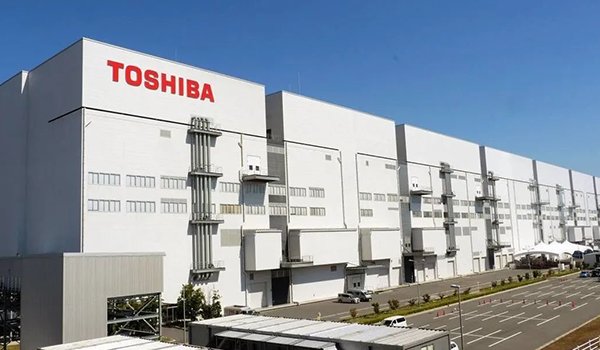

 News
News Industry News
Industry NewsIn the increasingly fierce global semiconductor market competition, Toshiba recently announced a major strategic adjustment, which will carry out a layoff action of up to 5000 people and focus on core businesses such as power semiconductors to cope with industry changes and market challenges.
According to Toshiba's plan, the company will merge four major business subsidiaries, including power generation and nuclear power plants, railway infrastructure, mechanical hard drives (HDD) and power semiconductor devices, as well as information technology (IT), into the headquarters. By integrating redundant general affairs and finance departments, Toshiba aims to reduce redundant personnel, improve operational efficiency and management level.

Toshiba's layoffs account for nearly one tenth of its total domestic employees in Japan, demonstrating the company's clear and firm commitment to future development direction. In the mid-term business plan, Toshiba clearly stated that this adjustment is to pave the way for the company's future development, while adjusting the cost structure to ensure a more reasonable allocation of resources.
Power semiconductors, as key devices for power supply and control, play an important role in improving the energy efficiency of electrical devices. With the rapid development of electric vehicles, smart grids, and other fields, the demand for power semiconductors in the market continues to grow. According to a report released by Japanese market research company Fuji Economics, the power semiconductor market is expected to maintain high-speed growth in the coming years.
In this context, Toshiba's choice to focus its resources on areas such as electricity and power semiconductors reflects its keen insight and firm confidence in market trends. Through layoffs and resource integration, Toshiba will be able to focus more on the development of core businesses and improve market competitiveness.
It is worth noting that Japanese semiconductor manufacturers have strong competitiveness in the field of power semiconductors. Japanese companies including Toshiba, such as Mitsubishi Electric, Fuji Electric, and Renesas Electronics, are accelerating their layout in the power semiconductor market.
At the same time, the rapid development of China's power semiconductor market has also attracted global attention. The rise of China's new energy vehicle industry has provided a broad market space for local power semiconductor companies, which has also put pressure on Japanese manufacturers.
Faust Technology focuses on the field of power devices, providing customers with power devices such as IGBT and IPM modules, as well as MCU and touch chips. It is an electronic component supplier and solution provider with core technology.